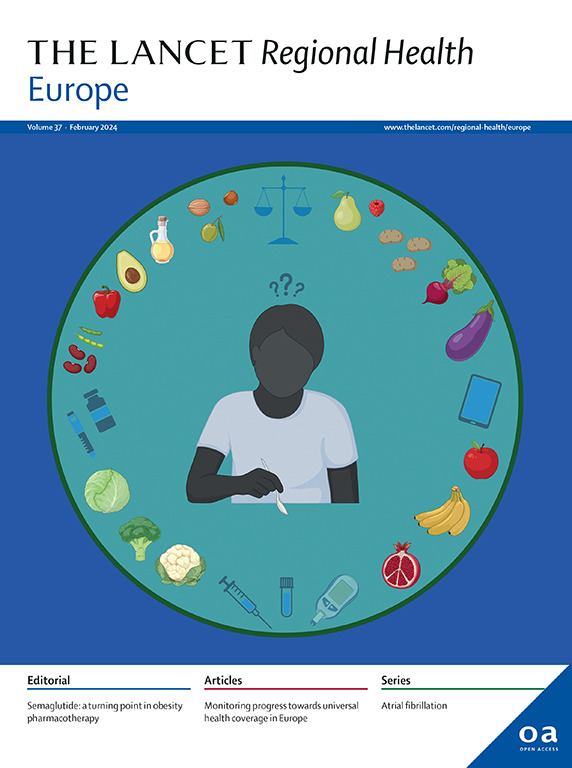卫生和卫生系统在塑造政治参与和重建对民主机构的信任方面的作用
IF 13.6
Q1 HEALTH CARE SCIENCES & SERVICES
引用次数: 0
摘要
在世界各地,机构信任正在下降,而对民主的不满正在上升。卫生和卫生系统在这场危机中发挥什么作用?我们回顾了数十年的跨学科研究,以描述健康和卫生系统如何与民主信任和参与联系在一起。当个人或社区的健康状况下降时,他们会对卫生系统和其他旨在支持其福祉的公共机构感到“失望”。因此,他们不太可能投票。那些继续投票的人越来越倾向于承诺彻底改革体制的反建制、反民主的政党。然而,一旦掌权,这些政党往往会削弱公共卫生保护,或将特定人群排除在卫生系统之外。其结果可能是健康状况下降与政治不满之间形成一个自我强化的反馈循环。最后,我们提出了改善人口健康的具体建议,同时更广泛地重建对卫生系统和民主机构的信任。本文章由计算机程序翻译,如有差异,请以英文原文为准。
The role of health and health systems in shaping political engagement and rebuilding trust in democratic institutions
Around the world, institutional trust is declining while democratic discontent is rising. What role do health and health systems play in this crisis? We review decades of interdisciplinary research to describe how health and health systems are linked to democratic trust and engagement. When individuals or communities experience a decline in their health, they feel “let down” by the health system and other public institutions meant to support their well-being. Consequently, they are less likely to vote. Those who continue to vote are increasingly drawn to anti-establishment, anti-democratic parties that promise to radically reform the system. Once in power, however, these parties often weaken public health protections or exclude select populations from the health system. The result can be a self-reinforcing feedback loop between declining health and political discontent. We conclude by offering concrete suggestions for improving population health while rebuilding trust in health systems and democratic institutions more broadly.
求助全文
通过发布文献求助,成功后即可免费获取论文全文。
去求助
来源期刊

Lancet Regional Health-Europe
Multiple-
CiteScore
19.90
自引率
1.40%
发文量
260
审稿时长
9 weeks
期刊介绍:
The Lancet Regional Health – Europe, a gold open access journal, is part of The Lancet's global effort to promote healthcare quality and accessibility worldwide. It focuses on advancing clinical practice and health policy in the European region to enhance health outcomes. The journal publishes high-quality original research advocating changes in clinical practice and health policy. It also includes reviews, commentaries, and opinion pieces on regional health topics, such as infection and disease prevention, healthy aging, and reducing health disparities.
 求助内容:
求助内容: 应助结果提醒方式:
应助结果提醒方式:


